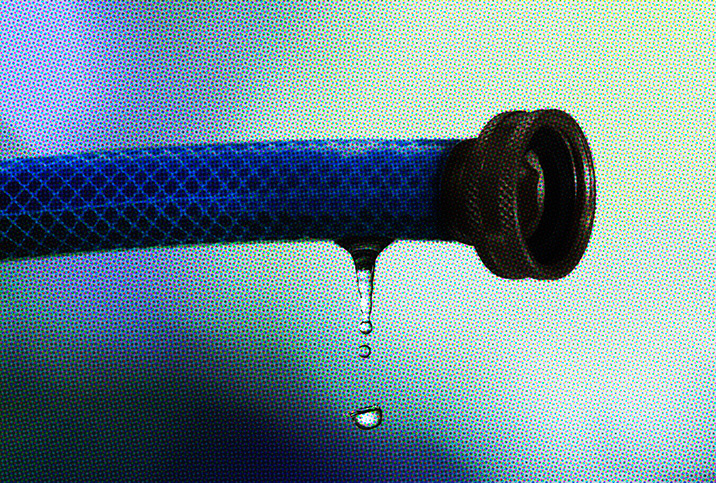Weighing Hypospadias Surgery Against Circumcision

As far as congenital conditions (also known as birth defects) go, hypospadias is relatively benign. It is a non-life-threatening condition in which the opening of the urethra on a boy’s penis is located not at the tip but instead on the underside. The urethral opening can also appear farther down the shaft of the penis, on the scrotum or even on the perineum, in rare cases.
Even though it doesn’t pose an immediate threat to a baby’s well-being, hypospadias can still cause difficulty for new parents, who suddenly find themselves facing questions they never anticipated. In particular, making a decision about when, or even if, they can circumcise their baby can be distressing for already overwhelmed new parents.
We'll take a closer look at the risks of circumcision for babies with hypospadias, but first, a little background.
Hypospadias complications
Hypospadias is relatively common, and sometimes physicians and parents opt to leave it as is, depending on where the urethral opening is located. However, it can cause complications down the road.
Boys with uncorrected hypospadias may have to sit down to urinate, for instance, and the opening may be difficult to keep clean and free from infection. In terms of fathering children, if the urethral opening is too far down the penis shaft, an adult man with uncorrected hypospadias may have difficulty directing his semen into his partner’s vagina.
Other complications can include:
- A downward curve of the penis (called chordee)
- Painful erections and intercourse
- A hooded appearance, since only the top half of the penis may be covered by the foreskin
- Atypical spraying during urination
Risk factors for hypospadias
The exact cause of hypospadias isn’t known, but certain risk factors come into play, including:
- Family history and genetics
- Maternal age over 35 and maternal obesity
- Environmental factors (suspected but not proved) including certain hormones, pesticides and industrial chemicals
- Fertility treatments
The possibility of circumcision
A circumcision usually takes place within 24 to 72 hours of birth. However, medical institutions such as the Centers for Disease Control and Prevention recommend holding off on circumcision for babies with hypospadias, as the foreskin might be needed for hypospadias repairs.
If circumcision is important to you, then arrange an immediate consultation with a pediatric urologist, who can talk with you about acceptable ways of performing a circumcision while also preserving skin that can be used in a later reconstruction.
Another factor that might enter into the decision to circumcise is that the atypical foreskin often associated with hypospadias may not be compatible with the devices used to perform a circumcision.
Religious considerations
Doctors recommend repairing hypospadias when the baby is between 3 and 18 months old. Circumcision normally takes place within 72 hours of a baby being born, so waiting until after a hypospadias repair to circumcise creates a delay that can be upsetting for parents with strong religious convictions toward circumcision.
But given the conflicting recommendations about preserving the foreskin (our expert highly recommends it), studies that show the foreskin may not even be necessary to perform the repair, and the wild variation in how hypospadias presents for each child, it’s nearly impossible to make a blanket recommendation about whether or when to circumcise a baby with hypospadias.
The best approach is to closely consult with your physician, get a second or even a third opinion from a pediatric urologist, and weigh the risk factors against the strength of your desire to have your child circumcised quickly.
Conclusions
Hypospadias might seem troubling to new parents for a variety of reasons, but at the end of the day, it’s a relatively benign and repairable condition that poses no long-term health threats to your child.
Many doctors will recommend not having the child circumcised. If circumcision for your child is too important to pass on, however, you need to have a prompt consultation with a pediatric urologist to discuss your concerns. The good news is your child has a good prognosis to live a full, rich life no matter your decision.

















